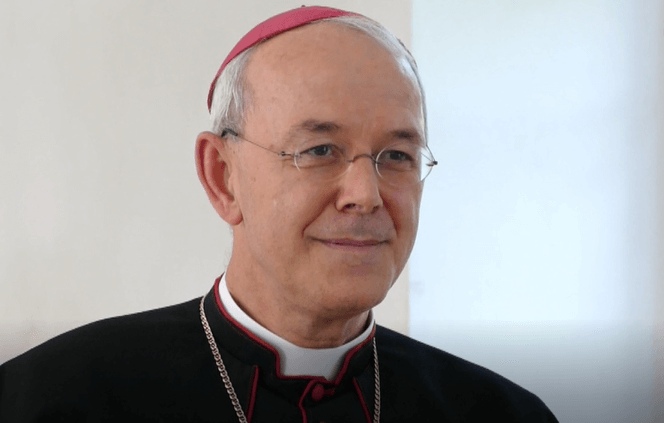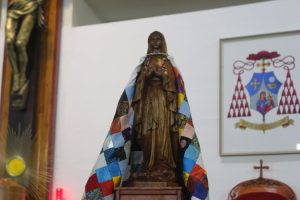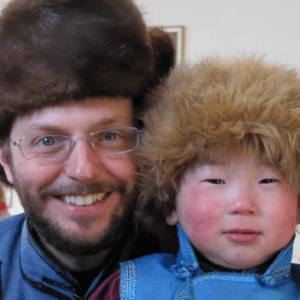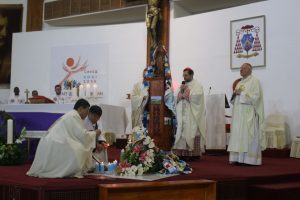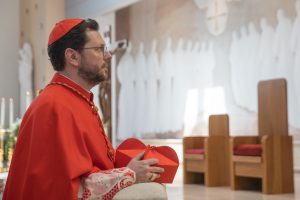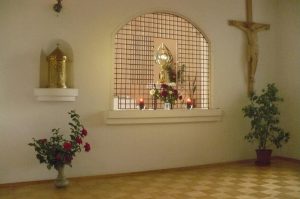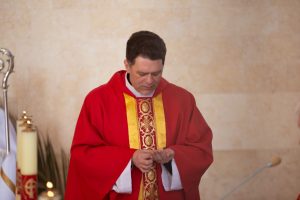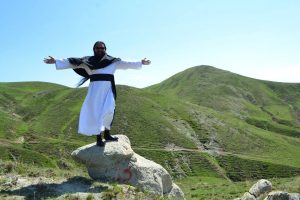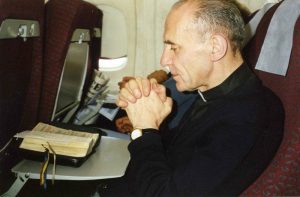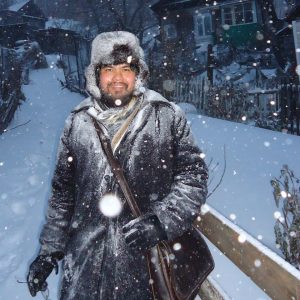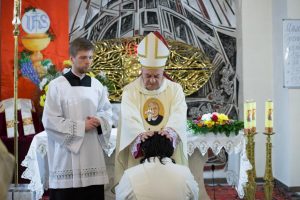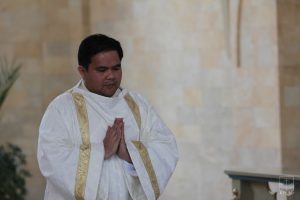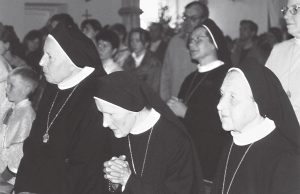Athanasius Schneider, Auxiliary Bishop of the Archdiocese of Holy Mary in Astana (Nur-Sultan, Kazakhstan) spoke about his path to the priesthood.
Your Excellency, please tell us a little about yourself first.
I was born in Kyrgyzstan in 1961 into a Catholic family of repressed Germans who originally lived in German settlements near Odessa. In 1969, our family moved to Estonia, and from there in 1973, with God’s help, we managed to emigrate to Germany.
In 1982 I entered the monastery of the Canons Regular of the Holy Cross in Tyrol, Austria. In 1983 I began to study philosophy at the Pontifical University “Angelicum” in Rome.
In 1984, the Order sent me on a mission to Brazil in the diocese of Anápolis (Goiás state in central Brazil). There I continued my philosophical and theological education. In 1990 he was ordained a priest there.
In 1990-1991 I lived in the monastery of my order in the archdiocese of Aparecida between the cities of Rio de Janeiro and São Paolo. I served 5 rural parishes and was the spiritual father in the monastery.
1991-2001 I spent in Rome preparing for a doctorate in theology and patristics at the Institute “Augustinianum” of the Pontifical Lateran University and, at the same time, being the General Counsel of my order.
In 1999, I first came to Kazakhstan, namely to Karaganda, to give lectures at the newly established Higher Theological Seminary. Since 2001 I have been living permanently in Karaganda [ed.: interview given in 2009]. During this time, I served as a spiritual father and seminary teacher, Chancellor of the Curia of the Karaganda diocese, editor-in-chief of the Credo newspaper, and rector in several parishes. In 2006, Pope Benedict XVI appointed me Auxiliary Bishop of the Diocese of Karaganda, where I now also serve as a Vicar General [ed.: from February 5, 2011 – the appointment to auxiliary bishop of the Archdiocese of the Holy Mary in Astana].
You were still a child when you left Kyrgyzstan with your parents. But, perhaps, you could tell something about the life of the Kyrgyz believers in Soviet times?
During the Soviet era in the 60s. of the last century, Catholics in Kyrgyzstan did not have permanent priests. Only later did the authorities allow prelate Michael Kehler to open a church and a parish in Frunze (now Bishkek). In Tokmok, where I lived, believers, at least it was the case in my family, spent Sundays like this: in the morning the whole family gathered in a large room for prayer; father, mother and we, four children, knelt down, and mother led the prayer. They prayed the rosary, litanies and other short prayers. After dinner, the elderly women organized a prayer meeting in turn in different houses. Sometimes a priest came and secretly celebrated Holy Mass. On Christmas Eve, all the Germans gathered in our house, prayed and sang beautiful Christmas songs. This was possible thanks to a neighbor, a Russian police officer, who promised us that no police would disturb us that night.
What were your first impressions of the Church in Germany?
My first impressions (I was 12 at the time) of church life in Germany were as follows: I was surprised and unpleasantly struck by the way the liturgy went. It deeply shocked me and continues to shock me to this day that people took Holy Communion standing up, and in their hands. There was an impression of some superficial and worldly approach to what is the “Holy of Holies”. Evaluating everything with my child-like and innocent mind, I then said: but this is like distributing cookies! It lacked solemnity and loftiness in the liturgy, everything seemed superficial to me. Another thing that struck me was the fact that most of the priests went about in lay clothes without a cassock and without a priestly collar. I couldn’t understand why they did it.
When exactly did you realize that you were called to monasticism and the priesthood?
It is difficult to name and indentify the exact moment. Calling is the most tender call of God, which at first is heard as if from afar, but over time it becomes more and more distinct. I remember very well the following event in my life: I was about 10-years old and had no thought of becoming a priest at all. After Sunday Holy Masses in the city of Tartu in Estonia, I went with my mother to the house of our priest Fr. Janis Pavlovsky. On the path, I stopped and asked simply out of child-like curiosity: “Mom, tell me, how does one become a priest?” She replied, “It requires God to call”. I did not understand these words at all and no longer asked anyone on this topic. When three years later I began to feel in my soul the desire to become a priest, I began to better understand the words of my mother. At the age of 13, having read for the first time the biography of St. Francis of Assisi, I firmly decided that I would become a monk.
And why did you decide to enter the Augustinian Order?
I think it was the providence of God that brought me there. While still in secondary school in Germany, I noticed that in most seminaries and monasteries there is a tendency to loosen discipline, which is due in no small measure to secularization. I prayed that God would lead me to a place where the spirit of piety and deep obedience to the Pope reigned. When I was 15-years old, a man whom I had never met before approached me after the Holy Mass and invited me to participate in recollections with good priests. I accepted this invitation. These priests belonged to the congregation of the Canons Regular of the Holy Cross, living according to the charter of St. Augustine.
As a priest you have worked in Africa and South America. What inspired you to become a missionary?
Even when I was a novice, I had a great desire to go on a mission. But I didn’t tell my superiors about it. In 1984 I was sent on a mission to Brazil. As I imagined, being a missionary means leading people in distant lands to Jesus, living simply and sacrificially, as the apostles did.
Why did you decide to go to Kazakhstan?
As mentioned above, this was not my personal decision, as it went beyond the spiritual horizon. My plans were rather connected with Brazil, and the abbots simply sent me here in response to requests from Kazakhstan.
If it’s not a secret, how does a priest feel when he finds out that he has been appointed bishop?
The first thing I felt was the feeling of a heavy burden and a huge responsibility that falls on my shoulders. So, purely humanly, I was sad more than happy. On the other hand, I was inwardly sure that this was the will of God, since I was appointed by the Pope, and I myself did not strive for this.
In conclusion, what would you like to wish as a … bishop to your … flock and all the believers of the country?
I wish all believers, and especially priests, to grow more and more in faith in Jesus Christ, the incarnate God, who is really present in all our churches in the Holy Sacraments. I would also wish that we love the Lord more and more, and especially every human soul, so that every person really finds Jesus Christ and in Him achieves eternal salvation.
Reference: Bishop Schneider is known for his defense of the traditional form of giving Holy Communion (kneeling down on the tongue) in the Catholic liturgy. The name of his book is “Dominus est – It is the Lord: Reflections of a Bishop of Central Asia on Holy Communion” (ISBN 978-0977884612), originally published in Italian, which has since been also translated into English, German, Russian, Polish and Estonian).
